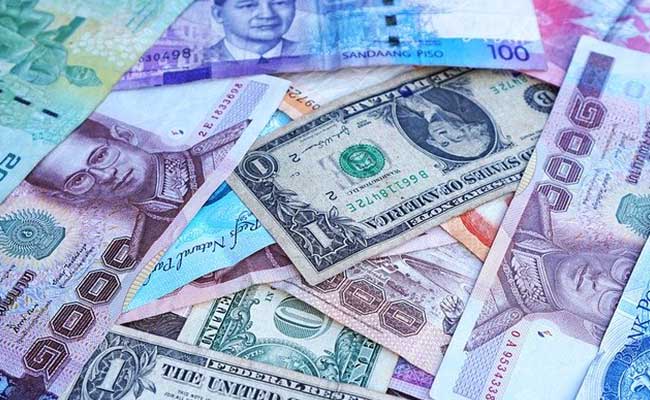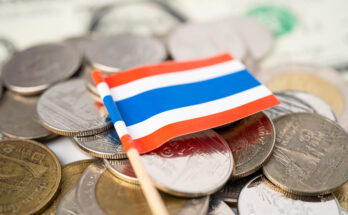This is a guide on profit repatriation: transferring money out of Thailand.
Thailand has strict regulations regarding foreign exchange transactions and also impose taxes on profit remittance. Let’s find out what taxes are levied and what other regulations required.
Transferring money out of Thailand
To transfer money out of Thailand, you will need the name of the recipient’s account, account number, currency and amount of money, the recipient’s bank name and address, the receiving bank’s SWIFT code or IBAN code (banks in Europe and the Middle East) and the purpose of the transfer.
If you are a foreigner repatriating income, you may also need to provide the bank with a letter from your employer stating your income or a document stating the source of funds.
Withholding taxes
When profits are remitted to a non-Thai company or individual, tax must be withheld and submitted to the Revenue Department within the seventh of the following month.
The following withholding taxes are collected from profit remittance:
Dividends
Tax must be withheld from dividends at a rate of 10%. The Double Tax Agreement (DTA) between Thailand and Taiwan further reduces the withholding tax rate to 5% if the resident holds at least 25% of the capital of the company paying dividends.
Interest
Thailand imposes a 15% withholding tax rate on interest payments. The rate can be reduced under a DTA.
A 10% rate is levied on interest paid to a bank, financial institution or insurance company. Countries that apply the 10% rate include Australia, Cambodia, China, Hungary, Finland, Malaysia, Laos and Vietnam.
Italy, Germany, Ukraine and Japan apply a 0% rate if the interest is paid to a financial institution wholly owned by the government.
Royalties
Royalties are subject to a withholding tax of 15%. Under the DTA, royalties may be lowered to 5%, 8% or 10%.
Branch remittance tax
Profits remitted from a branch office to a foreign company is subject to a branch remittance tax of 10%.
Transactions to be approved by commercial banks
The exchange control regulations are governed by the Ministry of Finance, which have the purpose of controlling inward and outward remittances of foreign exchange.
The following transactions must be approved by commercial banks authorised by the Bank of Thailand:
- Remittance of USD 100 million or its equivalent for foreign investment or lending to subsidiaries in foreign countries
- Remittance of USD 1 million or its equivalent for the purchase of any affiliate company’s shares in a foreign company
- Remittance of the unlimited amount in returning investment funds of a branch office or representative office or from the dissolution of business, or decrease of capital or value of shares
- Remittance of unlimited amount from the payment of dividends or profits to a foreign company’s head office
Conclusion
Withholding tax is imposed on the remittance of dividends, interest and royalties, but the tax rates can be reduced under a DTA. Certain types of transactions must also be approved by authorised commercial banks. If you have any enquiries about transferring money from Thailand, feel free to contact UnionSPACE



